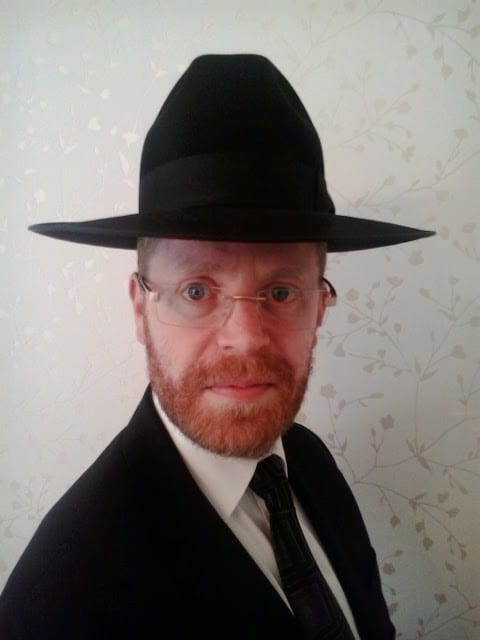
Out of the fifty-four sidrot in the entire Torah, only six are named after people – Noach, Sarah, Yitro, Korach, Balak and Pinchas and all of them except for Korach are worthy of their moniker being singled out. We can discuss Balak another time.
So how can this week’s sedra be called Korach especially if we note that it says in Mishlei: ‘The name of the wicked shall rot’ which the Gemara explains that their names shall decay for we do not mention the wicked by name.
If we should not mention the wicked by name in ordinary conversation, surely a sedra of the Torah should not be named after one of them, for this is certainly a way of perpetuating a name. Not even Moshe, the greatest leader of the Jewish people, whose name is inextricably linked to the Five Books of Moses, has a sedra that bears his name, so why should Korach?
And there is no saving grace in Korach, for though, as Rashi tells us, his sons repented, he himself did not and even the name itself has no hint of righteousness in it as it means a bald spot.
Korach was nothing more than an egotistical rebel, so what message does the Torah, which the Rambam says was given to make peace in the world, convey by perpetuating the name of someone associated with complaint and rebellion?I believe the answer is actually very simple.
Although there are many ways in which to make a name for ourselves in life, they basically fall into one of two categories – the right way and the wrong way. The right way is by making a positive contribution, being a doer not a talker, growing personally and enhancing the lives of others. The wrong way was best summed up by Benjamin Franklin: ‘It takes many good deeds to build a good reputation, and only one bad one to lose it.’
Korach came from an illustrious family and although he may have had a compelling argument against Moshe, the Mishna tells us that it was not ‘for the sake of Heaven’ – it was negatively motivated, not for the purposes of truth or to benefit others but for self-aggrandisement. As the Mishna continues, such a dispute has no lasting value because it is based, not on altruism, but narcissism.
G-d wants us to be happy and successful and to choose the correct course to achieve these goals and so Korach remains as a perpetual example of the consequences of following the wrong way to make a name for yourself.







